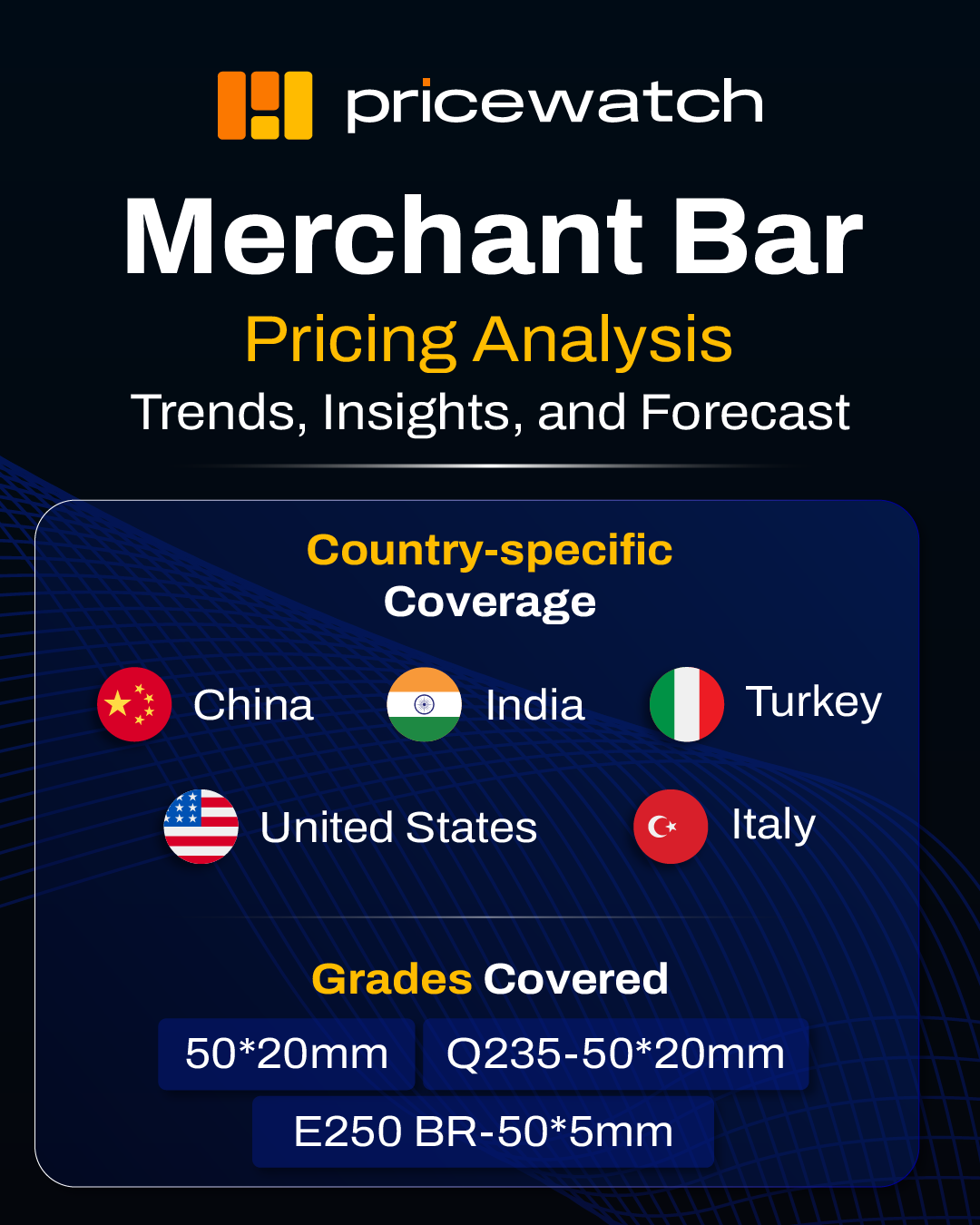In India’s fast-growing financial market, brokerage costs play a critical role in determining your overall returns. Many investors focus on returns but overlook the impact of fees, which can quietly reduce profits over time. This is where choosing brokers with the lowest brokerage charges becomes essential. By minimizing costs, you keep more of your gains while maintaining the same investment performance.
A growing number of investors now prefer discount brokers who offer transparent pricing and low commissions. These brokers provide fast, reliable, and data-rich platforms ideal for both beginners and experienced traders looking to trade efficiently and economically.
Understanding Brokerage Charges
Brokerage is the fee charged by a stockbroker for executing trades on your behalf. Whether you buy shares, sell them, or trade derivatives, every transaction involves some cost.
Common Brokerage Fee Types
-
Flat Fee Model: A fixed amount per trade, regardless of transaction size.
-
Percentage-Based Fee: A specific percentage of the transaction value.
-
Subscription Model: A fixed monthly or yearly plan for unlimited trades.
Discount brokers in India mostly follow flat-fee or subscription models to help traders save significantly.
Why Brokerage Charges Matter
Brokerage fees directly impact your returns. For example, a 0.5% brokerage on a trade worth ₹1,00,000 means ₹500 per transaction. Multiply this across multiple trades, and your costs rise quickly. Lowering these charges helps maximize profits, especially for active traders.
Benefits of Brokers with Lowest Brokerage Charges
Choosing the right broker goes beyond just cost savings. It also determines your trading experience, market access, and portfolio management.
Key Benefits
-
Higher Net Returns: Lower brokerage ensures you retain more profits.
-
Cost-Efficient Intraday Trading: Ideal for high-frequency traders.
-
Better Diversification: Saved funds can be reinvested into new opportunities.
-
Ease of Scaling: Frequent traders can trade more without worrying about high costs.
-
Transparency: Discount brokers maintain clear, upfront pricing without hidden fees.
How to Compare Brokers Based on Brokerage
Choosing the right broker starts with understanding how each one structures its charges. Follow these steps before making your final decision.
1. Review Brokerage Models
Compare flat-fee brokers like Zerodha, Upstox, and 5paisa against percentage-based brokers. For frequent traders, flat-fee models usually work best.
2. Consider Account Opening and Maintenance Fees
Some brokers charge additional fees for account opening or annual maintenance. Choose brokers offering free or discounted plans to minimize costs.
3. Analyze Hidden Costs
Look out for charges related to:
-
Call-and-trade orders
-
Fund transfers
-
Margin funding interest
-
Platform usage fees
Transparent brokers list all fees clearly on their websites.
4. Check for Offers and Promotions
Many brokers offer limited-time discounts or cashback on brokerage fees. Using such offers can lower your total trading cost.
5. Evaluate Technology and Speed
Lowest brokerage charges are beneficial only if trade execution is fast and reliable. Check app ratings, order execution time, and platform stability before choosing.
Best Low-Cost Brokers in India
Here are some of India’s most trusted brokers offering competitive brokerage plans and strong digital platforms.
1. Zerodha
Zerodha is India’s leading discount broker with over 1 crore users. It charges ₹20 per trade for intraday and derivatives, while delivery trading is free.
Highlights:
-
Flat ₹20 per trade
-
Free equity delivery
-
Advanced trading platform (Kite)
-
Strong educational content (Varsity)
2. Upstox
Backed by Ratan Tata, Upstox offers low-cost trading with advanced tools. It’s suitable for both beginners and professional traders.
Highlights:
-
Free delivery trades
-
₹20 per order for intraday
-
AI-powered charts and analysis tools
3. 5paisa
Known for its ultra-low-cost model, 5paisa charges ₹10 per trade for premium plans. It’s ideal for high-frequency traders.
Highlights:
-
₹10 per executed order (Power Investor Plan)
-
Integrated mutual fund and insurance options
-
AI-driven portfolio insights
4. Dhan
Dhan offers a modern, fast, and intuitive platform with a focus on simplicity and execution speed.
Highlights:
-
Zero account opening fee
-
₹20 per trade flat
-
Free direct mutual fund investments
5. Angel One
Angel One combines traditional broking expertise with digital innovation. It offers personalized recommendations for traders and investors.
Highlights:
-
Flat ₹20 per order
-
Smart advisory and portfolio analytics
-
AI-based market insights
Factors to Consider Beyond Brokerage
Choosing the cheapest broker isn’t enough. Look for a balanced combination of features, reliability, and support.
Important Evaluation Criteria
-
User Interface: Easy navigation helps save time during trades.
-
Mobile App Quality: Apps should support real-time updates and quick execution.
-
Customer Support: Instant resolution helps minimize trading downtime.
-
Research and Analytics: Essential for making informed decisions.
-
Security: Brokers must be SEBI-registered with advanced data protection.
These elements ensure that cost savings don’t come at the expense of reliability or performance.
Advantages of Using Discount Brokers
Discount brokers have revolutionized India’s trading ecosystem. They offer efficient services without unnecessary extras.
Key Advantages:
-
No-frills platforms focused on performance
-
Affordable access to multiple segments (Equity, F&O, Commodities, Currency)
-
Zero commission on delivery-based trades
-
Paperless onboarding and fast KYC
For cost-conscious investors, they’re the ideal balance between affordability and technology.
Avoiding Hidden Brokerage Traps
While choosing brokers, always double-check fine print related to:
-
Margin penalties
-
Account inactivity fees
-
Additional software usage fees
-
Transaction taxes and clearing charges
Reading the detailed terms before signup prevents future surprises.
Role of Technology in Brokerage Reduction
Modern technology allows brokers to automate operations, reducing manual costs and passing savings to customers. AI, cloud computing, and API integrations have made trading smoother and cheaper.
Some brokers even offer APIs for automated trading strategies, benefiting active traders and developers.
How to Maximize Returns with Low Brokerage
Low brokerage is only one part of a successful trading strategy. Combine it with smart financial discipline for better results.
Practical Tips:
-
Trade only when you have a defined plan.
-
Avoid excessive leverage.
-
Use trailing stop-losses to protect profits.
-
Analyze your brokerage reports monthly.
-
Choose brokers offering loyalty discounts or referral bonuses.
These practices help compound your returns over time.
Why Investors Are Moving Toward Low-Cost Brokers
The modern investor values simplicity, transparency, and affordability. The rise of fintech apps has accelerated this shift by offering commission-free trading and integrated research tools.
Today, most investors prefer mobile apps that provide everything — from stock trading to IPO applications — in one place, with minimal fees and maximum reliability.
Final Thoughts
Selecting brokers with lowest brokerage charges is one of the smartest financial decisions you can make. It not only saves money but also improves your long-term portfolio performance. Before finalizing your choice, compare features, transparency, and overall user experience.
The best trading apps in India go beyond cost-cutting. They offer intuitive design, real-time market data, and strong security — all vital for a seamless trading journey. When combined with the lowest brokerage fees, they create the perfect environment for consistent growth and profitable trading.
Also Visit: Jordansheel


